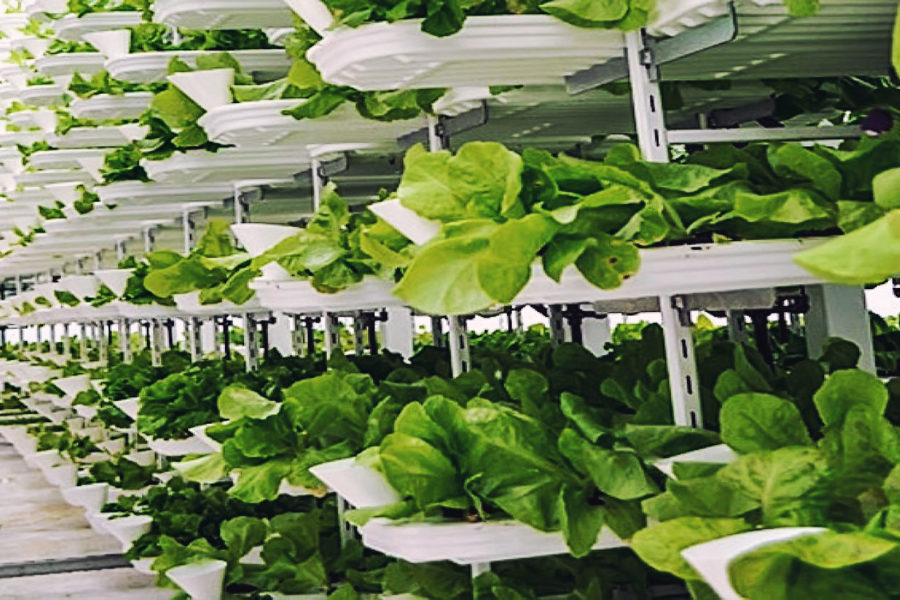What Makes Sustainable Agriculture Vital for the Planet?
As our global population grows, the demand for food production rises, leading to intensified agricultural practices that strain the environment. Sustainable agriculture offers an alternative by balancing food production with ecological health, ensuring resources are available for future generations. Here’s an in-depth look at what makes sustainable agriculture essential for the planet:
1. Preserving Soil Health
Healthy soil is fundamental to productive farming, but intensive agriculture depletes soil nutrients, causing erosion and degradation. Sustainable farming methods, such as crop rotation, cover cropping, and composting, replenish nutrients and organic matter in the soil. This supports soil fertility, helps prevent erosion, and maintains a soil structure that stores carbon, thereby contributing to climate change mitigation.
2. Reducing Water Usage and Protecting Water Resources
Agriculture is the largest consumer of freshwater resources globally, often leading to over-extraction of water sources like rivers and aquifers. Sustainable practices, such as drip irrigation, rainwater harvesting, and mulching, optimize water use and reduce waste. These methods also prevent runoff of agricultural pollutants like fertilizers and pesticides, which can contaminate water sources and harm aquatic life.
3. Minimizing Chemical Use
Conventional agriculture often relies on synthetic pesticides, herbicides, and fertilizers, which can pollute the air, water, and soil. These chemicals can harm beneficial insects, wildlife, and even human health. Sustainable agriculture reduces chemical dependence through practices like integrated pest management (IPM) and organic fertilizers, protecting ecosystems and promoting biodiversity.
4. Enhancing Biodiversity
Biodiversity is critical for resilient ecosystems, but monoculture farming diminishes it by focusing on a single crop. Sustainable agriculture incorporates diversity in plant species, uses agroforestry, and integrates livestock, which promotes a balanced ecosystem. Diverse crops attract various pollinators and natural predators, creating an environment where pests are naturally managed, and crops are more resilient to diseases.
5. Mitigating Climate Change
Agriculture is both a contributor to and a victim of climate change. Conventional farming practices release significant greenhouse gases (GHGs) like carbon dioxide, methane, and nitrous oxide. Sustainable agriculture reduces GHG emissions by minimizing chemical inputs, enhancing soil health, and supporting carbon sequestration through methods like no-till farming and agroforestry. These practices not only cut emissions but also increase the soil’s ability to store carbon.
6. Improving Food Security
With climate change and resource depletion, food security is a growing concern. Sustainable agriculture promotes efficient resource use, making food systems more resilient to climate shocks like droughts or floods. By conserving resources and improving soil health, sustainable practices help ensure that agriculture remains productive, addressing global hunger and food security.
7. Supporting Local Economies and Communities
Sustainable agriculture often emphasizes local food systems, which shorten the supply chain and reduce transportation emissions. Supporting local, small-scale farms boosts regional economies and provides communities with fresh, nutritious food. Moreover, it encourages agricultural diversity and independence from global market fluctuations, creating a more secure food system.
8. Promoting Animal Welfare
Sustainable agriculture often involves ethical treatment of animals, avoiding crowded, high-intensity animal farming. By focusing on pasture-raised and free-range livestock practices, it ensures better animal welfare and reduces environmental impact. Healthier, ethically raised animals contribute to more sustainable food systems, with fewer antibiotics and lower disease risks.
Conclusion
Sustainable agriculture is vital for the planet because it promotes a balance between agricultural productivity and environmental health. By preserving resources, protecting ecosystems, and mitigating climate change, sustainable agriculture provides a pathway to a healthier, more resilient world. The shift toward sustainable practices not only ensures food security for future generations but also safeguards the planet’s natural resources, making it essential for both people and the environment.
For more info: Sustainable Agriculture Farming Practices

